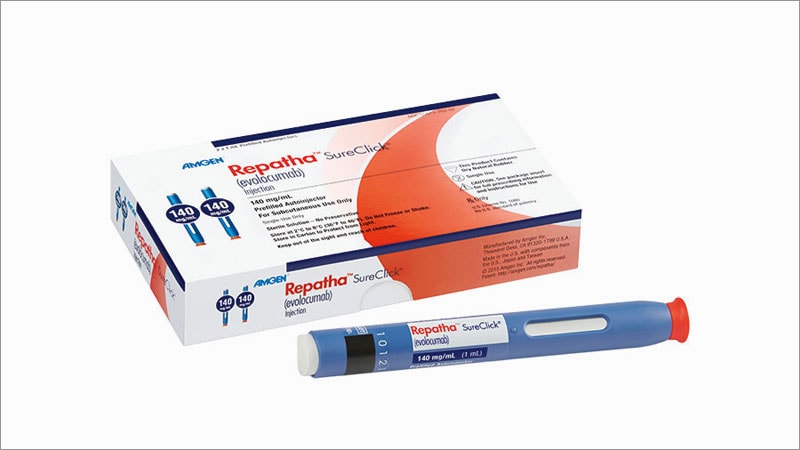Sept. 8, 2022 — Parents who give their infants lactose-reduced infant formula may be setting their children up for an increased risk of obesity in toddlerhood, new research shows.
Researchers have long established that infants who drink infant formula instead of breast milk already carry an increased risk of obesity. But the new study found a difference in the type of formula and obesity outcomes of children.
Babies under age 1 who received lactose-reduced formula made partially of corn syrup solids were at a 10% increased risk of being obese by age 2 than infants who received regular cow’s milk formula.
“This is even another reason to not use a low-lactose formula,” says Mark R. Corkins, MD, division chief of pediatric gastroenterology, hepatology and nutrition at the University of Tennessee Health Science Center in Memphis, TN. “Parents think if babies are fussy, or they spit up, they have lactose intolerance, but if you look at the actual numbers, lactose intolerance in infants is rare.”
Corkins say many parents come to him with complaints that their infants are fussy or spitting up, and believe that their babies are lactose intolerant.
“The reason the low-lactose formulas are even on the market is because parents want them and they think their kid is lactose intolerant, but they are not,” Corkins says, adding that he usually tries to connect these parents with lactation support services like peer programs that can help ease the breastfeeding process.
Researchers from the WIC program in southern California and the University of Southern California analyzed data from over 15,000 infants in southern California. All were enrolled in the Special Supplemental Nutrition Program for Women, Infants, and Children (WIC), a federal nutrition assistance program that provides healthy foods and breastfeeding support to low-income pregnant women or new moms and their children up to age 5.
Published in the American Journal of Clinical Nutrition Aug. 23, records from infants born between Sept. 2012 and March 2016 were separated into two groups: infants that had stopped breastfeeding by month 3 and had started reduced lactose formula, and infants who received all other forms of formula. Over 80% of infants in both groups were Hispanic.
Infants who received the reduced lactose formula with corn syrup solid formula were at an 8% increased risk of obesity by age 3 than children who received regular cow’s milk formula, and a 7% increased risk by age 4.
Tara Williams, pediatrician and breastfeeding medicine specialist with the Florida Chapter of American Academy of Pediatrics, said the findings should make pediatricians, parents and others pause and consider what infant formulas contain.
She explained that babies who receive formula have higher obesity risk than babies who are breastfed overall. But research into the effects of different types of formula is relatively new. She said there may be a few reasons for the link between reduced lactose, corn syrup solid formula and a higher risk of obesity.
“The addition of the corn syrup really starts to potentially teach that child to like sweet things,” Williams said, which in turn can lead to less healthy eating habits in childhood and adulthood.
Or, it may be that parents who tend to give their children lactose-reduced formula are less likely to be tolerant of fussy babies, and end up feeding their babies more, Williams hypothesized.
In addition, emerging research shows corn syrup may act differently from other sugars in the gut microbiome and metabolize in the liver, leading to weight gain.
Though parents make individual choices for what kind of formula to feed their infants, states play a large role in these choices. In 2018, 45% of babies in the United States were eligible for WIC, which is funded through the federal government but administered by states. State WIC programs request bids from formula manufacturers, and products chosen are then redeemed at retailers by parents.
“Now that we’re starting to see a signal that perhaps some formulas will have a potentially added risk of obesity for participants, states may say that when we’re helping mothers select among the formulas, we need to be very explicit about this additional risk,” says Christopher Anderson, PhD, associate research scientist at the Public Health Foundation Enterprises WIC in California and lead author of the study.
Williams says more research to do similar analysis in other populations is needed to draw cause and effect conclusions, while Corkins says he’d like to see more research into the amount of formula eaten and connections to types of formula.
“We know as soon as you sign up for baby registry at Target, you’re getting formula samples in the mail; you’re very aggressively marketed to, it’s a $55 billion industry,” Williams said. “And their goal is to sell their product not to promote the health of infants.
“This research certainly will cause us to pause and consider what we are feeding our infants in the United States and how we allow companies to market their products.”
Note: This article have been indexed to our site. We do not claim legitimacy, ownership or copyright of any of the content above. To see the article at original source Click Here













